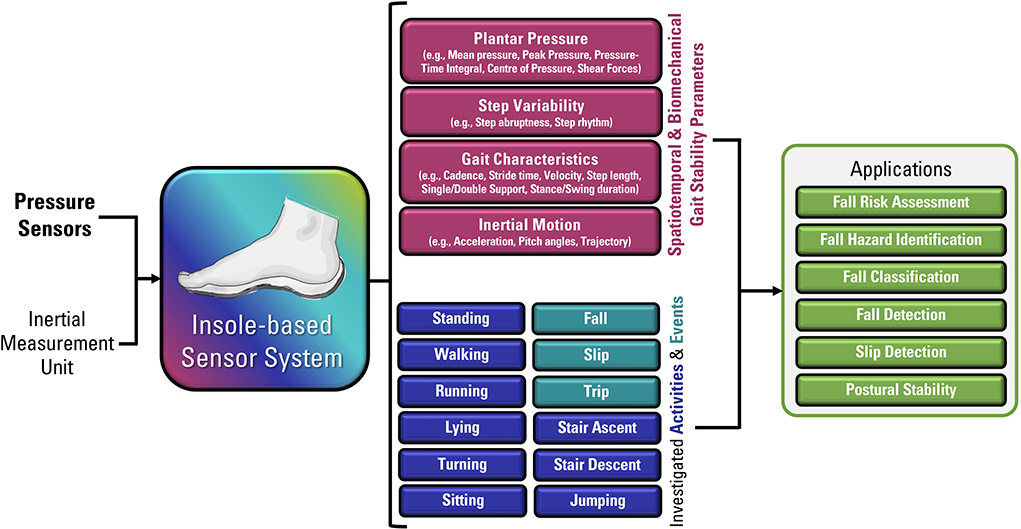The Main Principles Of Dementia Fall Risk
The Main Principles Of Dementia Fall Risk
Blog Article
Things about Dementia Fall Risk
Table of ContentsDementia Fall Risk - The FactsDementia Fall Risk Things To Know Before You Get ThisDementia Fall Risk - The FactsThe 4-Minute Rule for Dementia Fall RiskThe 6-Second Trick For Dementia Fall Risk
You may be anxious because you have actually had a loss before or since you have actually discovered you're beginning to really feel unstable on your feet. You could have seen adjustments to your health, or just seem like you're decreasing a little. Whatever the factor, it isn't unusual to come to be cautious and lose self-confidence, and this can quit you doing the things you used to do and make you feel extra isolated.If you have actually had a fall or you've started to feel unstable, inform your medical professional even if you feel great or else. Your medical professional can check your equilibrium and the method you stroll to see if improvements can be made. They might have the ability to refer you for a falls risk assessment or to the drops avoidance solution.
This info can be obtained through interviews with the person, their caretakers, and an evaluation of their medical records. Begin by asking the individual about their background of falls, consisting of the frequency and circumstances of any kind of recent drops. Dementia Fall Risk. Inquire regarding any type of movement problems they may experience, such as unstable or trouble strolling
Conduct a detailed evaluation of the individual's drugs, paying certain interest to those recognized to raise the threat of falls, such as sedatives or drugs that lower high blood pressure. Determine if they are taking multiple drugs or if there have actually been recent changes in their medicine routine. Assess the individual's home atmosphere for possible threats that might increase the threat of drops, such as inadequate lighting, loosened carpets, or absence of grab bars in the bathroom.
The Buzz on Dementia Fall Risk
Guide the person with the loss threat evaluation kind, explaining each concern and recording their feedbacks precisely. Calculate the complete risk score based on the feedbacks offered in the evaluation form.
Routinely keep an eye on the person's progression and reassess their threat of falls as needed. Offer ongoing education and assistance to promote security and lower the risk of falls in their daily living activities.
Numerous research studies have revealed that physical treatment can assist to lower the danger of falling in adults ages 65 and older. In a brand-new research (that checked out drops risk in women ages 80 and older), researchers determined the financial impact of picking physical treatment to prevent drops, and they found Continued that doing so conserves $2,144, including all the concealed expenses of your time, pain, missed out on life occasions, and the bucks spent for solutions.
All About Dementia Fall Risk
Examining your balance, toughness, and walking capability. A home security analysis. Based on the analysis results, your physical specialist will design a strategy that is tailored to your specific requirements.
Older grownups who have problem walking and talking at the very same time are at a greater threat of dropping. Dementia Fall Risk. To assist raise your safety during daily visite site activities, your physical therapist might develop a training program that will certainly test you to keep standing and strolling while you do another job. Examples consist of walking or standing while counting in reverse, having a conversation, or bring a bag of groceries
Your physiotherapist also can recognize which activities you need to prevent to remain risk-free. Community-based falls prevention programs aid people to: Lower their fear of dropping. Establish objectives for enhancing their physical task. Make their homes more secure. Work out much more to boost their strength and equilibrium. These programs frequently are led by volunteer instructors.
Our Dementia Fall Risk Ideas

Measles, or rubeola, is an extremely infectious, severe viral transmittable condition triggered by the measles infection. Some individuals assume of measles as just a breakout and fever that clears in a few days; nonetheless, measles can cause severe wellness problems, specifically in children younger than 5-years-old. The most effective defense against measles is the measles, mumps, and rubella (MMR) vaccination.
Loss are a typical source of injury amongst older adults. According to the CDC, in one year alone, fall-related injuries contributed to over $50 billion in medical costs (Dementia Fall Risk). In healthcare facility settings, older grownups go to especially high risk of drops because their lowered wheelchair from being restricted to a room or bed.
Not known Facts About Dementia Fall Risk

She has a medical history of seizure problem and high blood pressure. She is receiving an IV mixture and taking Gabapentin and Lasix. She has no background of falls, her gait is constant, and she invalidates without concerns. The previous registered nurse states that she asks for assistance to the restroom when she needs to go.
Instances of usual loss interventions/measures consist of: Making sure a person's important products are within reach. Putting the individual's bed rails up with the alarm system on. Assisting a patient while they're rising from bed. Past comprehending how to use the Johns Hopkins Loss Threat Analysis Device, it is very important that facilities incorporate its use into a much more detailed autumn prevention strategy.
Report this page